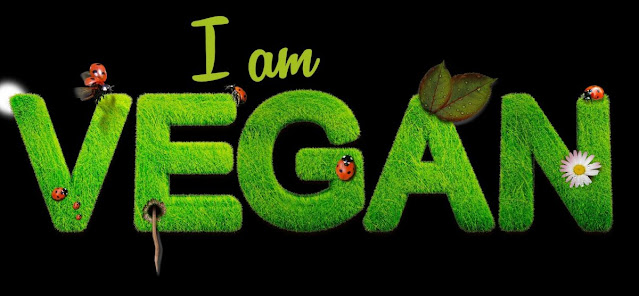"Be prepared for challenges and setbacks. Veganism is not always easy in a non-vegan world, but staying committed to your values will be worth it in the long run."
Here are some coping skills to help you navigate challenges and setbacks as a vegan in a non-vegan world:
- Educate yourself: Arm yourself with knowledge about veganism, its benefits, and the reasons behind your choice. Understanding the ethical, environmental, and health aspects of veganism will help you stay committed and confident in your decision.
- Connect with the vegan community: Seek out like-minded individuals who share your values. Join local vegan groups, participate in online forums, or attend vegan events. Surrounding yourself with supportive people can provide encouragement, advice, and a sense of belonging.
- Practice self-care: Engage in activities that promote your overall well-being. Take time for yourself, whether it's through meditation, yoga, exercise, or pursuing hobbies. Nurturing your physical and mental health will help you stay resilient in the face of challenges.
- Find vegan-friendly spaces: Seek out restaurants, cafes, and grocery stores that cater to vegans. Having accessible options in your area will make it easier to enjoy eating out and finding suitable products. Explore vegan-friendly apps and websites that can help you locate vegan options in your vicinity.
- Plan ahead: When attending social events or traveling, plan ahead to ensure you have vegan options available. Pack snacks, research vegan-friendly restaurants, or offer to bring a vegan dish to gatherings. Being prepared will alleviate stress and help you navigate non-vegan situations more smoothly.
- Engage in respectful conversations: If faced with criticism or skepticism about veganism, approach conversations with empathy and patience. Share your knowledge and experiences without being confrontational. Plant seeds of curiosity and understanding, and remember that change takes time.
- Focus on the positive impact: Remind yourself of the reasons you chose veganism. Reflect on the positive impact you're making on your health, the environment, and animal welfare. Celebrate your achievements and the progress you've made, no matter how small.
- Stay inspired: Read books, watch documentaries, or follow vegan influencers to stay motivated and inspired. Learning about the accomplishments and contributions of other vegans can reignite your passion and remind you of the broader movement you're part of.
- Practice resilience: Understand that setbacks may happen, and it's okay. If you make a mistake or accidentally consume something non-vegan, forgive yourself and learn from the experience. Embrace the journey as a learning process and an opportunity for growth.
- Be patient and compassionate: Remember that change takes time, both on a personal level and in the wider world. Stay compassionate towards yourself and others, and acknowledge that progress is made one step at a time.
By employing these coping skills, you can navigate the challenges of being a vegan in a non-vegan world while staying true to your values and maintaining a positive mindset.

Comments
Post a Comment
We welcome your input!